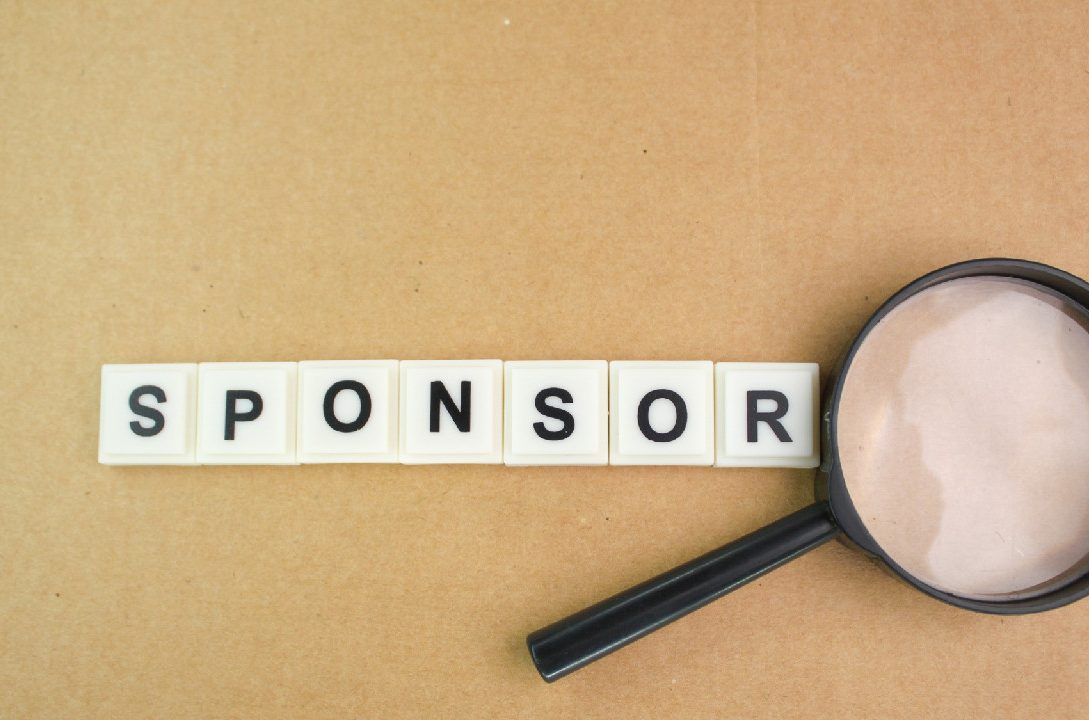Event sponsorship offers a unique avenue for businesses to gain visibility, build brand recognition, and forge valuable connections. However, successful event sponsorship requires careful planning, strategic execution, and a clear understanding of the goals and benefits involved.
In this comprehensive guide, we will walk you through the essential steps to navigate the world of event sponsorship and maximize the opportunities for success.
- Set Clear Goals and Objectives: Before diving into event sponsorship, it is crucial to define your goals and objectives. Determine what you aim to achieve through sponsorship—whether it’s increasing brand awareness, reaching a specific target audience, generating leads, or showcasing thought leadership. By setting clear objectives, you can align your sponsorship strategy and evaluate the success of your efforts.
- Identify Relevant Events: Identify events that align with your target audience, industry, and goals. Research industry conferences, trade shows, community events, and other gatherings that attract your desired demographic. Consider factors such as event size, attendee demographics, and the reputation of the event organizer. Ensure that the event’s values and mission align with your brand identity.
- Assess Sponsorship Packages and Benefits: Examine the sponsorship packages offered by event organizers. Assess the benefits and opportunities each package provides, such as logo placement, speaking opportunities, booth space, networking sessions, or inclusion in promotional materials. Determine which package offers the most value and aligns with your goals. Negotiate if necessary to tailor the package to your specific needs.
- Craft a Compelling Sponsorship Proposal: To stand out from the competition, craft a compelling sponsorship proposal that highlights the unique value your brand brings to the event. Clearly communicate your objectives, target audience, and the benefits of partnering with your brand. Include case studies, testimonials, or past successful sponsorships to demonstrate your expertise and credibility. Customize the proposal to fit the event’s objectives and showcase how your brand can contribute to its success.
- Activate Your Sponsorship: Once your sponsorship is confirmed, it’s time to activate your presence at the event. Develop a comprehensive activation plan that outlines how you will leverage the sponsorship to maximize brand exposure and engagement. Consider activities such as interactive booth experiences, speaking engagements, product demonstrations, contests, giveaways, or networking events. Align your activation plan with your goals and ensure it resonates with the event attendees.
- Engage with Attendees: Make the most of your sponsorship by actively engaging with event attendees. Train your staff to interact effectively, provide value, and capture leads. Create memorable experiences through personalized conversations, demos, or exclusive offers. Leverage social media to amplify your presence and encourage attendees to visit your booth or attend your sessions. Cultivate relationships and connect with potential customers, industry influencers, and other sponsors.
- Measure and Evaluate: After the event, measure the success of your sponsorship efforts by evaluating key metrics. Assess the number of leads generated, brand visibility and recognition, social media engagement, and ROI. Seek feedback from your team, attendees, and event organizers to identify areas for improvement. Use this data to refine your future sponsorship strategies and make informed decisions regarding future event participation.
- Cultivate Post-Event Relationships: Event sponsorship is not limited to the event itself. Nurture the relationships you built during the event by following up with leads, sending personalized messages, and providing additional resources. Connect with attendees and other sponsors on social media platforms and continue to engage in industry conversations. Maintain a long-term relationship to capitalize on the connections made and explore potential collaboration opportunities.
Conclusion
Event sponsorship holds immense potential for businesses to boost brand visibility, generate leads, and establish industry credibility. By setting clear goals, identifying relevant events, assessing sponsorship packages, crafting compelling proposals, activating your sponsorship effectively, engaging with attendees, measuring success, and cultivating post-event relationships, you can unlock the full benefits of event sponsorship. With careful planning and strategic execution, event sponsorship can become a powerful tool in your marketing arsenal, propelling your brand towards success.
Related Posts:
Get Started with a free 15 -day trial
No credit card required for Trial Plan
Continue using starter plan for free forever, after trial or upgrade to Premium Subscription






